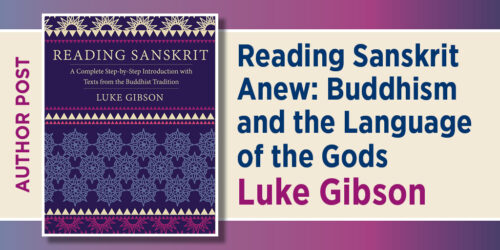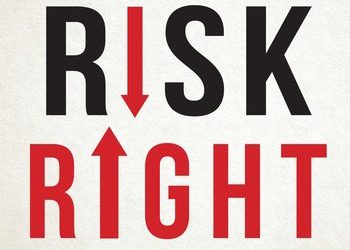Roger Hardy — Islamism and the Arab Spring
The following is a post by Roger Hardy, author of The Muslim Revolt: A Journey Through Political Islam. The essay was originally posted on the Hurst Blog.
The recent success of Islamist parties in elections in Tunisia and Egypt has led many to conclude, a little hastily, that political Islam has hijacked the Arab Spring. In the current context of turbulence and uncertainty in the Middle East, it is more important than ever to understand what Islamism is, what drives it, and what its future role is likely to be.
I wrote The Muslim Revolt: A Journey through Political Islam in an attempt to explain and demystify Islamism, drawing on my experiences as a journalist who had been lucky enough to travel through large parts of the Muslim world. The book argues that, in its origins, Islamism represented a double revolt—against foreign dominion and against local autocracy. Like other anti-colonial movements, its driving force was opposition to European rule; but unlike its secular counterparts, it rallied the faithful under the banner of a ‘return to Islam.’ This was, in Robert Leiken’s terse phrase, ‘anti-imperialism exalted by revivalism.’
But even if these two elements, the external and the internal, remain its defining characteristics, we should not conclude that Islamism is monolithic and unchanging. In the light of the Arab Spring, we can now see Islamism as having passed through three crucial, and very different, phases:
* Its birth and early expansion from the late 1920s to the early 1950s.
* Its revival in the 1970s (especially following the Iranian revolution).
* Its emergence as an actor with new-found importance in the Arab uprisings of today.
From the setbacks of the first two phases, the Islamists had to learn hard lessons. Now, the current phase offers them unprecedented opportunities but also unprecedented constraints. What distinguishes Egypt in 2012 from Iran in 1979 is, first, that Iranian-style Islamism has been tried and found wanting; and, second, that the Islamists now find themselves part of a broadly-based movement of popular discontent and popular mobilization. The Egyptian Brothers know they have a unique opportunity to share power in the post-Mubarak order—an opportunity they can’t afford to squander. But they find themselves constrained by the pressure of events and by the need to conform to the national mood. They are having to make difficult accommodations with the generals who are currently running the show (and who have promised to leave power by June) and to remain in tune with the mass of the Egyptian people, who are impatient for both political change and economic improvement. Both the generals and ordinary Egyptians are ready to let the Brotherhood play a role in the transition to civilian rule—but neither wants Egypt to be transformed into an Islamic state governed by Islamic law.
In short, the nature of the game has changed. The intriguing question is not whether Islam and Islamism have a role to play in the difficult birth of a more democratic Middle East, but, rather, what that role will be. Among the actors that will face the toughest challenges in the months ahead are the Islamists themselves.





